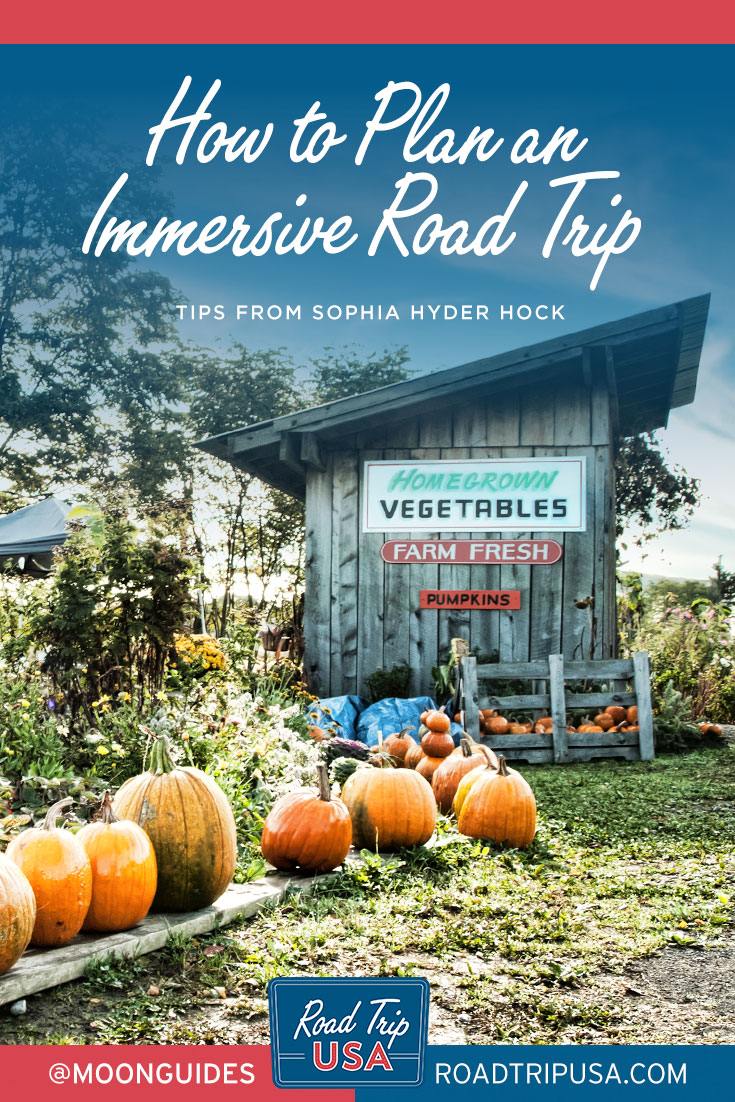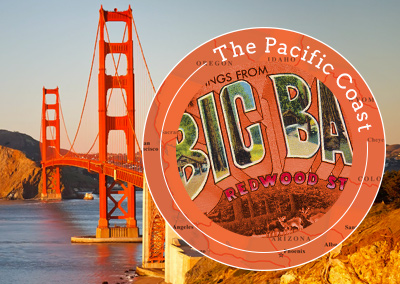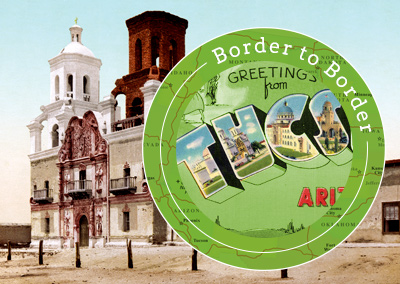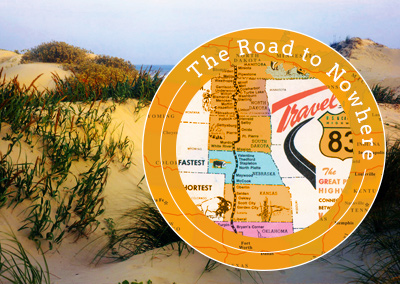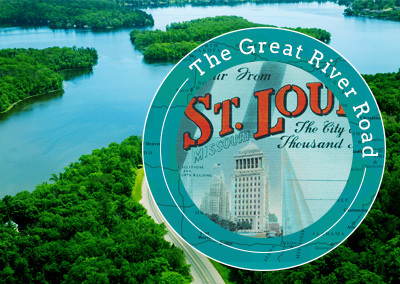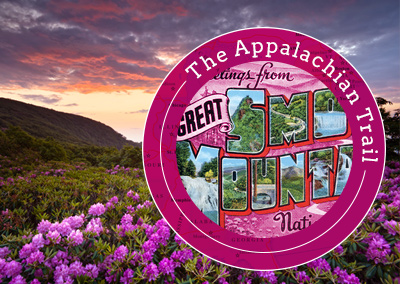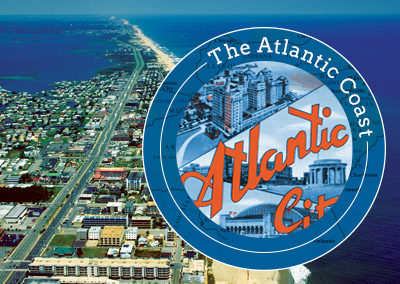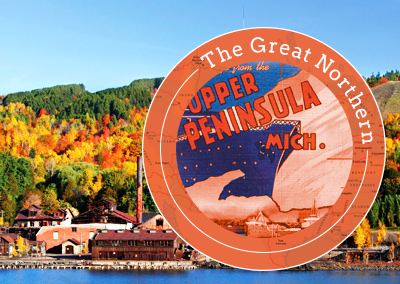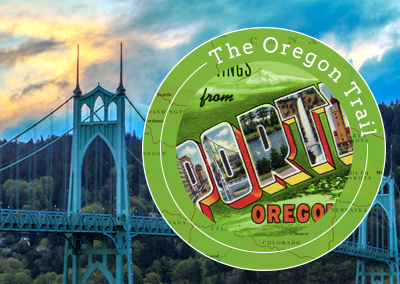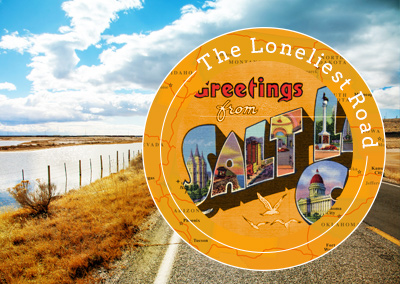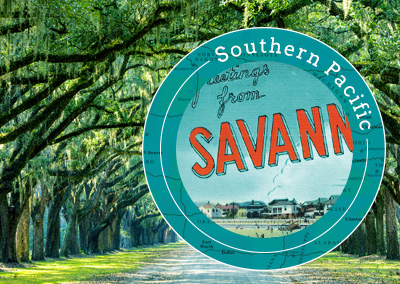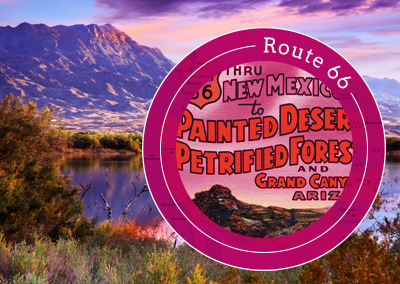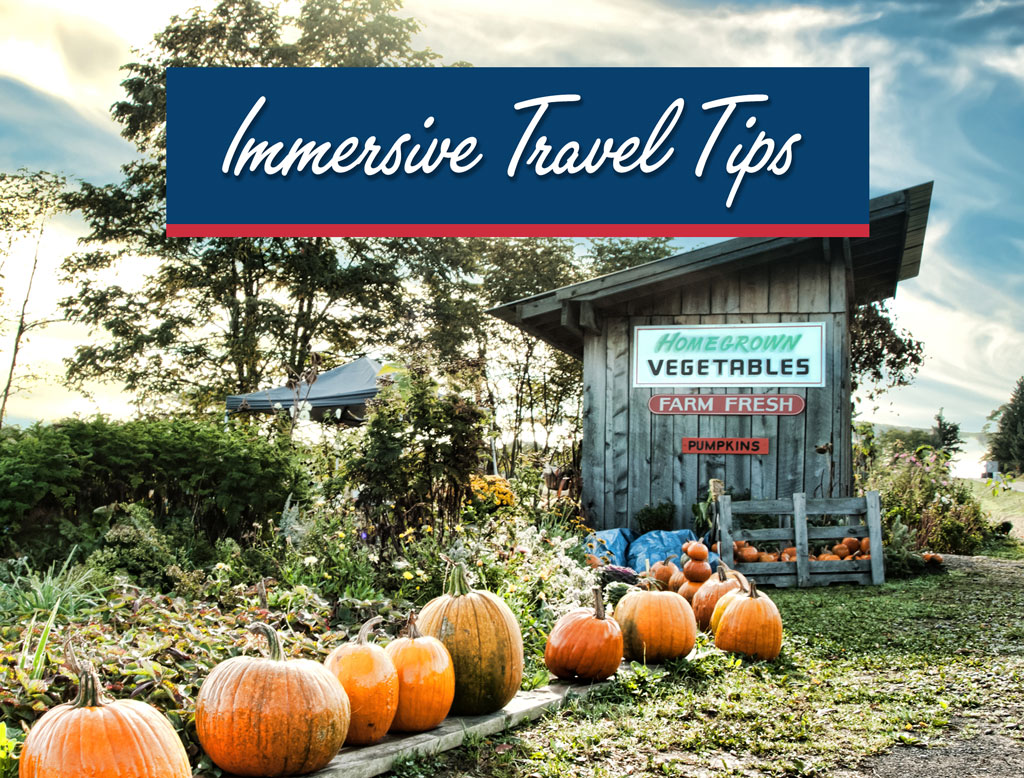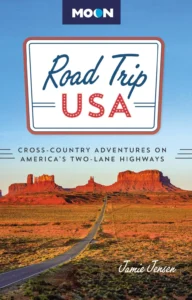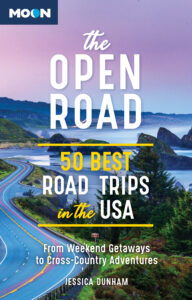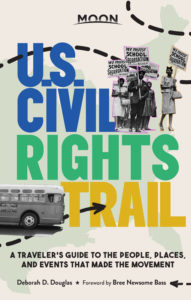Travel Deeper: How to Plan an Immersive Road Trip
By Sophia Hyder Hock
Road trips are an incredible opportunity to explore the many facets of this beautiful country. From coast to coast, each state is filled with unique charm through its landscape, climate, and breathtaking scenery. The sheer ability to drive to a new or favorite destination can feel so liberating.
Now, what if we could take these experiences on the road and make them even better through a deeper connection with our history and culture? This post will provide you with tips on how to travel deeper and enhance your road tripping experiences through a greater understanding of the places you choose to explore.
What does it mean to ‘travel deeper’?
Traveling deeper involves a mental commitment to curiosity via intentional pre-trip planning efforts, an openness to learn about the various lenses of history, and to experience destinations through local voices and perspectives. This involves taking the time to understand the fabric of a destination, the struggles, spirit, and resilience of people in the present and the past. The result of this openness to learn can create a powerful and prolific appreciation for people and places on road trips near and far.
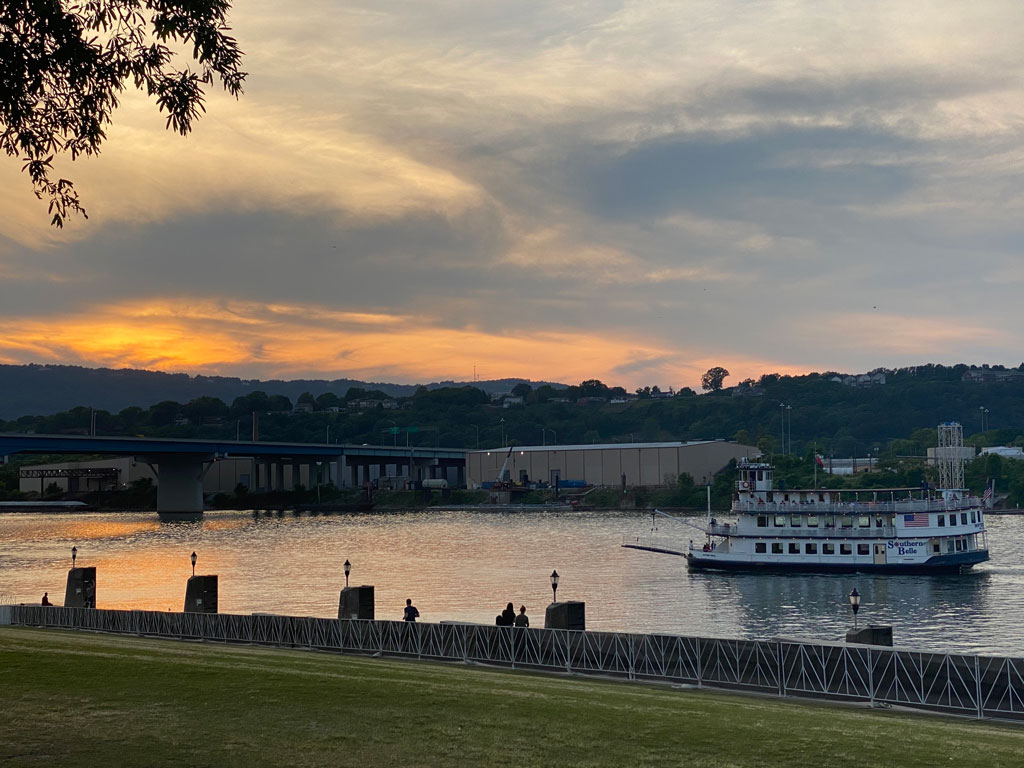
How can we travel deeper?
The short answer: Traveling deeper requires intentional planning peppered with a mix of spontaneity.
I tend to follow a designated route to my destination, while factoring in time to explore unplanned pit stops that may advertise fresh fruit, quirky landmarks, local museums, or historical markers that pique my interest. During the pre-planning phase, consider the following themes as a guide to enrich your experience:
The purpose: Explore your ‘why’ to set a strong foundation for the trip. The motivation for your trip will influence the locations that are chosen, the duration at each place, and type of activities that are chosen.
Interesting places along the way: After the route has been chosen, research towns along the path to see if there are interesting places that may be overlooked or undiscovered. Align your rest breaks with these places.
Local establishments: Signs for local honey, fruit, and artisan markets are always worth a stop to support local businesses, to take a break, and to connect with residents.
Historical knowledge: Understanding how our lands have evolved into the destinations they are today can be key to creating a deep experiential connection on the road. Research historical markers, houses, museums, and nature trails along your route. Consider how Native Americans lived prior to the founding of the United States, as well as how they live now.
Additional research: Reading travel guides, destination websites, agri-tourism websites (like this one for Georgia) that provide prospective visitors with information about farms and other nature-based activities available along your route, travel blogs, and speaking with people who have taken similar routes can inform your trip decisions.
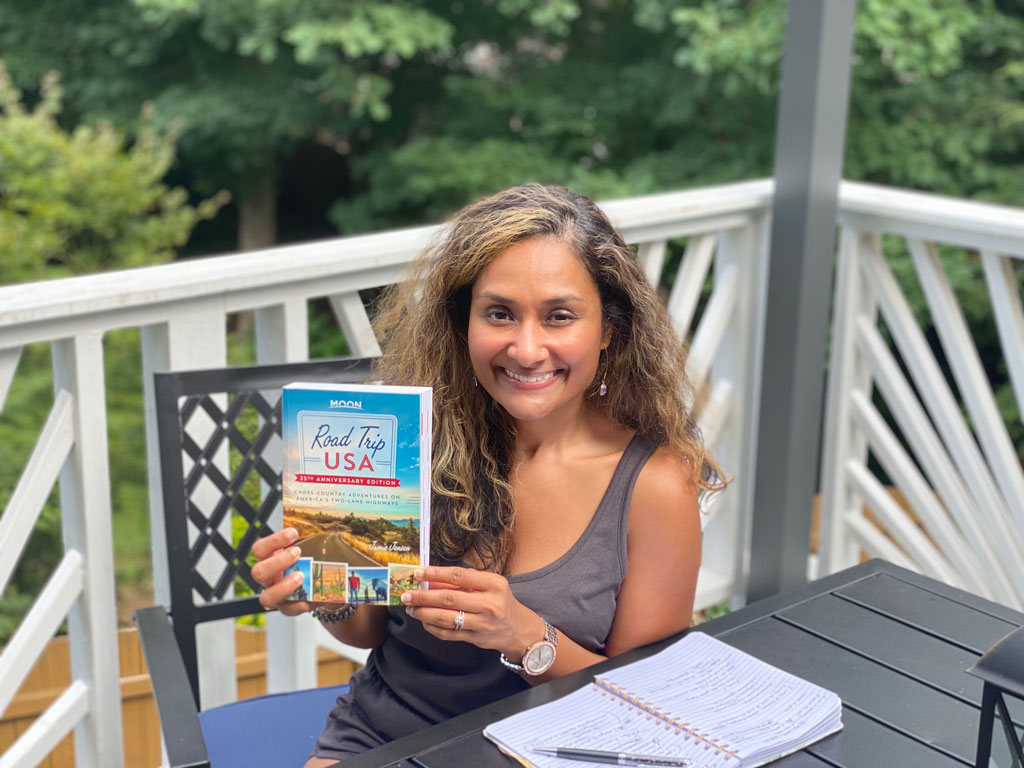
Being a person of color adds multiple layers depending upon which part of the country I choose to explore. As a current resident in the southern part of the United States, safety is an important consideration in planning process. By researching the route in advance, I have a greater awareness of my surroundings and I can navigate how to maximize my trip experience.
Lastly, mindset is a critical factor. My commitment to speaking and connecting with people along the way, actively taking time to learn about history, and making every effort to keep an open and curious (yet realistic) mindset has elevated my ability to travel through a more purposeful lens.
Nothing can top the feeling of exploration and discovery. The key to sustaining this feeling is to travel with a deeper sense of meaning, intentionality, and curiosity. Before your next road trip, I encourage you to find your ‘why,’ use these tips, and connect with this beautiful country.
Recommended Travel Guides
About the Author
Sophia Hyder Hock is the Founder and CEO of Papilia, a company committed to improving diversity, equity, and inclusion (DEI) practices for destinations, travel organizations, and content creators. She integrates human-centered design methodologies to empower her clients to be sustainable thinkers and travelers through a greater understanding of diverse perspectives, mindful leadership principles, and communication styles.
As an international yoga instructor and yoga life coach, Sophia incorporates wellness ideologies into all her projects as a holistic way to inspire people to be their best self through life’s many challenges. Her love for travel started at the age of 10 when she moved from California to Sri Lanka. Since then, Sophia has been to 35+ countries and plans to inspire her toddler to be a citizen of the world through mindful travel and learning about his Bengali-American heritage.
Learn more about Sophia on her personal website and Instagram.
Pin it for Later
